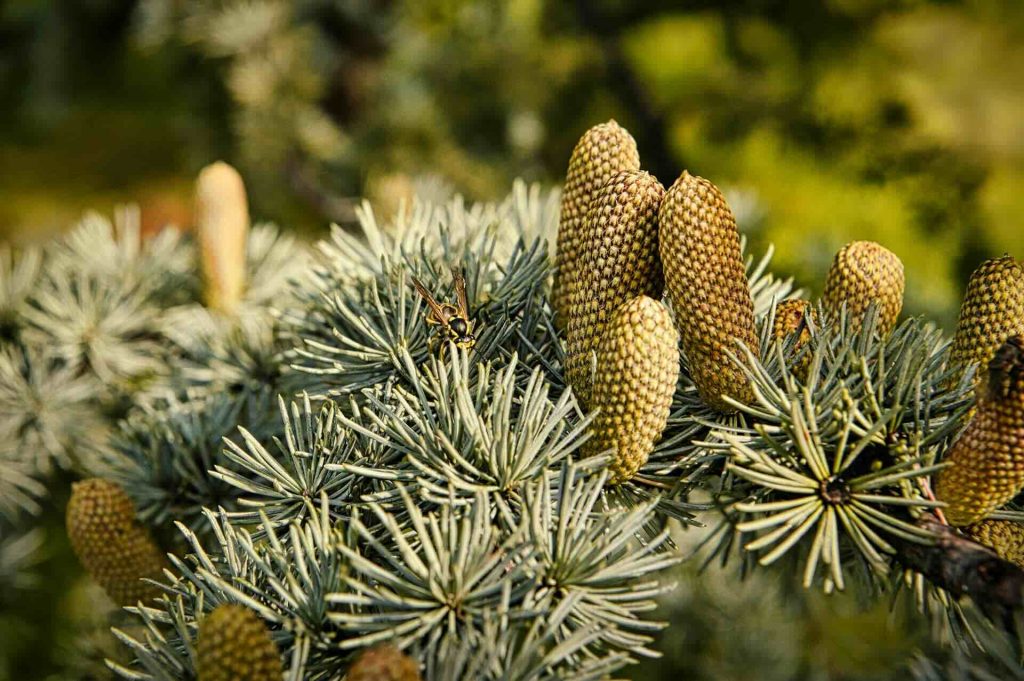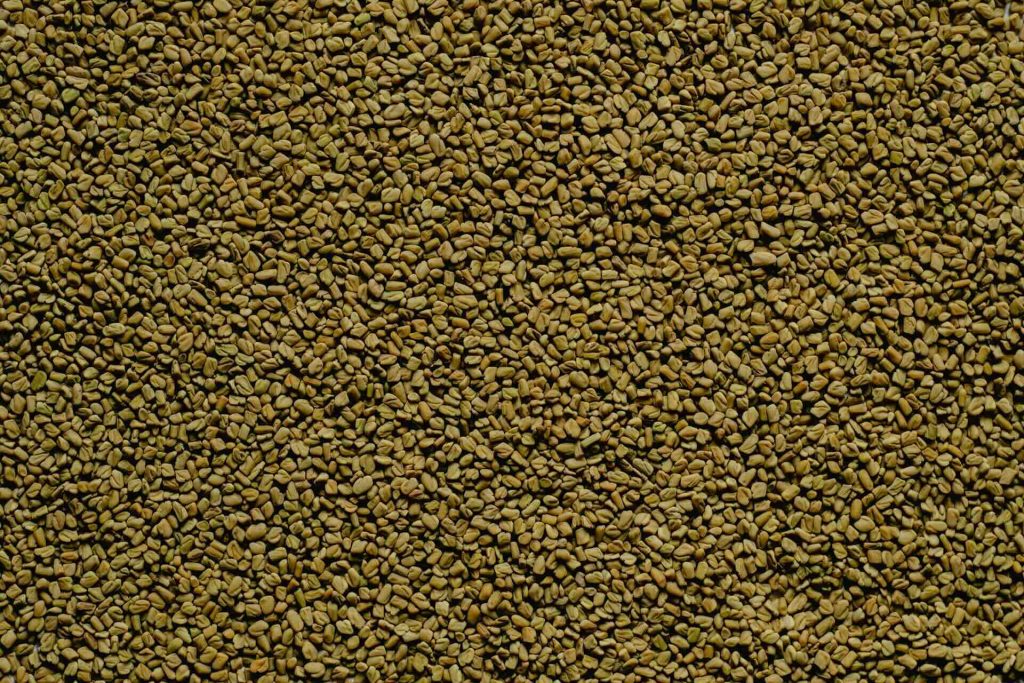You’ve probably seen pine pollen popping up in health circles—promoted as a testosterone booster, adaptogen, immune enhancer, and even an anti-aging tonic. But here’s the thing: not all pine pollen products are created equal. If you’re going to supplement, wouldn’t you want to know which form actually works?
Whether you’re chasing better energy, hormonal balance, or just want to support your body naturally, let’s break down the science and real-world results behind the most effective form of pine pollen.
First, What Is Pine Pollen—And Why the Hype?
Pine pollen is the male spore of pine trees—typically from species like Pinus massoniana, Pinus sylvestris, and Pinus tabuliformis. It’s been used in traditional Chinese medicine for centuries for its nutrient-rich and restorative properties.
Rich in vitamins, minerals, amino acids, and naturally occurring phytoandrogens (plant-based compounds that mimic hormones like testosterone), pine pollen has become especially popular among men seeking to support libido, energy, and endocrine health.
But here’s the kicker: the form you take dramatically affects how much your body actually absorbs.
Pine Pollen Powder: Natural, But Not Always Bioavailable
The most basic form you’ll find is pine pollen powder—often marketed as “raw” or “wild-harvested.” It’s collected from pine catkins, dried, and ground into a fine yellow powder.
Pros:
- Minimally processed
- High in micronutrients and enzymes
- Great for smoothies, teas, or capsules
Cons:
- Low bioavailability unless the cell wall is broken
- Harder for the body to absorb hormones or phytonutrients
The Bottom Line: If you opt for powder, make sure it’s **“cracked cell wall”** or **“cell wall broken”**—a processing method that shatters the tough outer layer, making the nutrients far easier to absorb.
Pine Pollen Tincture: For Hormonal Support and Fast Absorption
This is where pine pollen gets serious. Tinctures are alcohol-based extracts that pull out the fat-soluble components, especially androgens like testosterone, DHEA, and androstenedione—compounds that play a role in male hormone regulation.
Why it works: When taken sublingually (under the tongue), tinctures bypass digestion and go straight into the bloodstream. That means faster, more potent effects—particularly for people using pine pollen to support testosterone levels, vitality, or libido.
Pros:
- High bioavailability
- Best for hormone-related goals
- Fast absorption via sublingual delivery
Cons:
- Not ideal if you’re alcohol-sensitive
- Can be strong tasting
The Bottom Line: If your main goal is **hormonal balance or boosting energy**, a high-quality pine pollen tincture is generally considered the most effective form.
Capsules & Tablets: Convenient, But Check the Label
Capsules and tablets are appealing for their ease—especially for daily use. Most contain pine pollen powder, though some premium brands include cracked cell wall pollen or even combine it with other herbs (like nettle root or tongkat ali) for additional hormonal support.
Pros:
- Convenient and mess-free
- Often paired with other synergistic compounds
- Easy for dosing consistency
Cons:
- Slower absorption compared to tinctures
- Potency may vary by brand
The Bottom Line: If you’re using pine pollen for general health, longevity, or immune support, a capsule with cracked cell wall powder is a solid choice.
So, What’s the Most Effective Form of Pine Pollen?
It depends on your goal. Here’s a quick cheat sheet:
- For hormonal support/testosterone boost: Go with a sublingual pine pollen tincture.
- For general wellness and micronutrient intake: Use cracked cell wall pine pollen powder.
- For convenience or daily maintenance: Choose capsules with cracked cell wall powder or blended adaptogenic formulas.
And don’t just buy the first jar you see online. Look for third-party testing, wild-harvested sourcing, and transparency about extraction or processing methods. The supplement industry isn’t always regulated tightly—so trust matters.
A Final Word: Pine Pollen Isn’t Magic, But It’s Powerful
Pine pollen isn’t a cure-all—but it is a well-rounded superfood with real benefits for energy, hormones, and vitality. The key is choosing the form that fits your goals—and your body’s ability to absorb it.
Thinking about trying pine pollen? Consult your healthcare provider, especially if you’re dealing with hormone-sensitive conditions or taking medications. Nature’s powerful—but so is personalization.
- How Automated Dispensing Cabinets (ADCs) revolutionized point-of-care medication administration? - November 23, 2021
- How to Select the Best and Most Affordable Fitness Tools - October 31, 2021
- What is Causing the Trend of Nursing Turnover and How to Stop It - August 24, 2021


